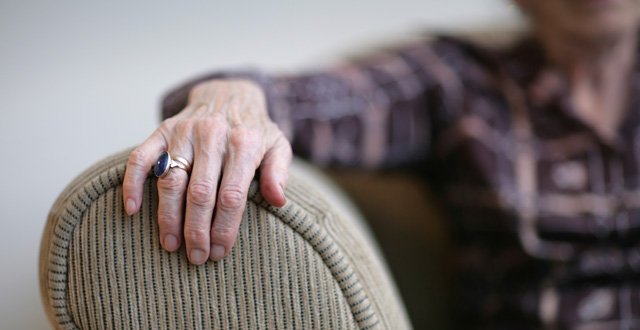Findings from a new Trinity College Dublin study highlight the mental and physical health impact of cocooning on older people during the pandemic
Almost 40 per cent of participants reported that their mental health was worse or much worse since the start of cocooning. Over 57 per cent reported loneliness at least some of the time while cocooning with 1 in 8 reporting that they were lonely ‘very often’. Participants were almost twice as likely to report loneliness if they lived alone.
The findings are published in the Quarterly Journal of Medicine. The study was carried out from October to December last year.
Cocooning involves staying at home and reducing face-to-face interaction with other people and is part of the response to the Covid-19 pandemic, with an overall aim to prevent transmission to vulnerable older people.
“However, concerns exist regarding the long-term adverse effects it may have on their physical and mental health,” according to the study.
Over 40 per cent of participants reported a decline in their physical health since cocooning and 1 in 5 reported not leaving their house at all since being advised to cocoon
Despite this, over 60 per cent of participants reported that they agreed with the government advice regarding cocooning while one quarter reported that they did not agree with the advice.
“These findings highlight the potential secondary impact of the Covid-19 pandemic on older people,” said Dr Robert Briggs, Medical Gerontology, Trinity College and Consultant Geriatrician, St James’s Hospital, Dublin and senior author of the study.
“While cocooning is important and reduces the likelihood of older people becoming unwell with Covid-19, there may be important adverse impacts on the health of those who cocoon that also need to be addressed.
“Given the possibility of further waves of Covid-19, with the likelihood of ongoing restrictions despite the rollout of vaccines, clear policies and advice for older people around strategies to maintain social engagement, manage loneliness and continue physical activity should be a priority.’’
Dr Laura Bailey, Specialist Registrar in Geriatric Medicine, St James’s Hospital, Dublin and first author of the study said “it is a particular worry that 1 in 6 older people who were acutely unwell did not seek medical attention, often for fear of contracting Covid-19.
“We must give a clear message to older people that when you are unwell that you should seek medical attention and that hospitals and general practices have appropriate infection control practices in place and continue to deal with non-Covid-19 related medical issues.’’













Leave a Reply
You must be logged in to post a comment.